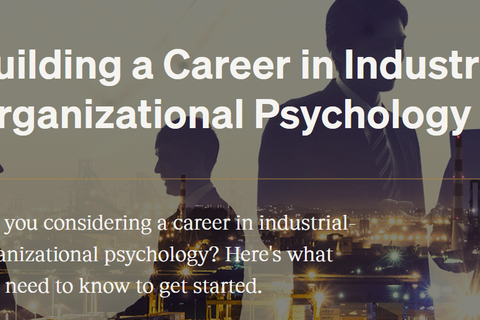Education is a wide-ranging field that includes structured and alternative pathways to teaching in the US and abroad as well as leadership roles in schools, communities, government, technology and media firms, higher education, museums, and nonprofit organizations. Opportunities can be found in public policy, data analysis, curriculum development, instructional design, and more.
Popular career pathways in Psychology include clinical and counseling services to address mental and emotional health. issues. Consider populations you’re interested in helping or particular issues you’d like to help with. For those interested in studying the science of behavior to help identify solutions to human and organizational problems in a work setting, Industrial and Organizational Psychology (I/O Psych) can be a good career path to consider. This growing field requires expertise in the design, execution and interpretation of research.
Social workers can practice at the micro level, (working one-on-one with clients), or on a macro level (policy work). Social workers work in many environments, including private practice, schools, hospitals, private or government agencies, correctional facilities, hospice, and more.











